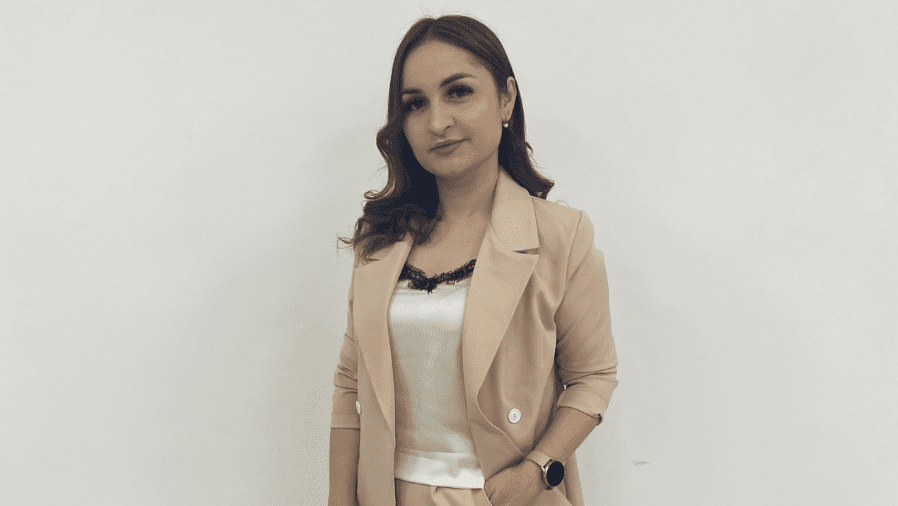When we talk about budgets — whether state, corporate, or organizational — most people think of dry numbers: income, expenses, balance sheets. Yet behind every line lies something far more human: how resources are distributed among different groups in society, who benefits from public spending, and who is left behind. This perspective became the focus of Ecaterina Pintea’s master’s dissertation on gender-sensitive budgeting.
What does it mean?
Gender-sensitive budgeting does not create separate budgets for women and men. Instead, it analyzes how financial decisions affect different groups and aims to allocate resources more equitably.
Take, for example, investment in transport infrastructure. On paper, it looks neutral. But if new routes fail to serve neighborhoods where many women working in the service sector live, the decision indirectly limits their access to safe and reliable transport. The same logic applies to healthcare: preventive spending might target certain conditions while neglecting those that disproportionately affect women.
From academic research to practical impact
For Ecaterina, this subject was not only an academic challenge but also a way to rethink how budgets could serve people better. Educated at the Academy of Economic Studies of Moldova, she explored how public expenditure could be managed in ways that reflect the needs of all citizens.
Her research highlighted that a fair budget is not an abstract concept but a practical tool for reducing inequalities. In areas such as healthcare, education, or business support, acknowledging gender differences can make programs more effective and strengthen public trust.
Applying the lessons in practice
Today, working as a budget analyst in the United States, Ecaterina finds that the principles she studied remain highly relevant. Every budget — whether public or private — ultimately impacts people’s lives. The role of an analyst is not just to ensure financial accuracy but to anticipate the social consequences hidden behind the numbers.
Why it matters for Europe and Moldova
Across Europe, gender-sensitive budgeting has become part of the political and institutional agenda. Both the European Commission and the United Nations encourage member states to integrate gender perspectives into their financial planning. For Moldova, this approach could be a step toward greater social fairness and a stronger alignment with European values.
A budget is a mirror of values. If we want it to reflect equality, we must learn to look at it not only through figures but through the lives it shapes. Ecaterina Pintea’s work demonstrates that fair allocation of resources is not just possible — it is essential for building societies where everyone has a chance to thrive.



































